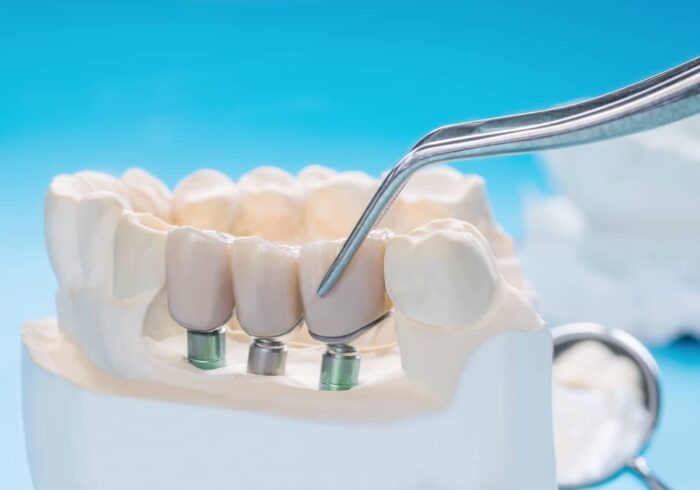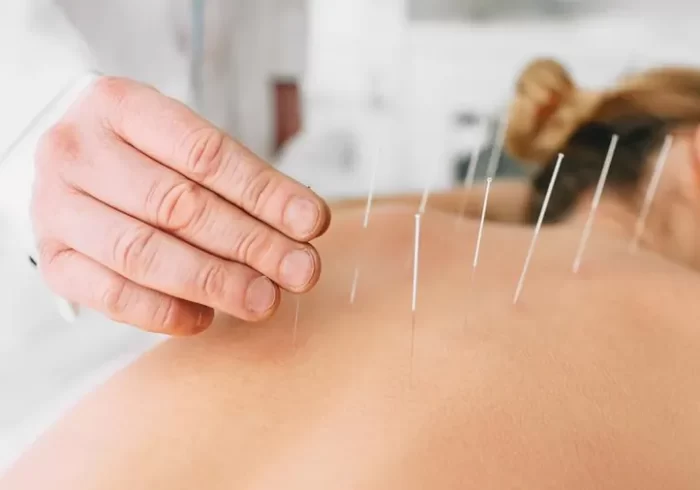The temporomandibular joint (TMJ) lets you move your jaw when you chew and speak. It connects your lower or mandibular and temporal bones. This complex joint controls jaw movement, which can make it hard to effectively treat serious TMJ disorders, which often result from teeth misalignment. Diagnosing these disorders can be tricky, and you may sustain them for several years. But when they are recognized, they respond to TMJ treatment in Los Gatos well. If you are experiencing any of the following symptoms, you may be suffering from a TMJ disorder (TMD) and should see a dentist:
Frequent Headaches
When you wake up with a headache or migraine every morning, this means something is not right. Frequent headaches can occur because of TMD. If you have been dealing with headaches several times every week, you should book an appointment with a TMJ dentist, so you can be evaluated.
Clicking or Popping Sound
If you hear a clicking or popping sound in the jaw when you open and close your mouth, this could mean you may have a TMD. This sound is produced when the disc in your TMJ shifts out of position.
Jaw, Shoulder, and Neck Pain
TMD can manifest pain in various parts of your body. You may experience jaw or head pain, particularly in your temples. However, you can also experience pain in your neck and shoulders due to TMD. In fact, you can feel eye or sinus pain and pressure. This pain tends to travel to these locations as the TMJ is situated near the nerves that connect to such areas.
Clogged Ears or Tinnitus
Because TMJ is located next to the ears, you can experience ear symptoms when you have TMD. You can experience clogged ears or ear pain you may interpret as allergies or ear infections. Also, TMD can lead to ringing in your ears due to nerve irritation.
Broke, Cracked, or Worn Teeth
Your teeth, jaw, and muscles are supposed to work together. Otherwise, your bite won’t be balanced. When the bottom and top teeth come together, this misalignment can result in excessive pressure on some teeth, causing them to break, crack, or wear out. Additionally, you may experience teeth grinding or clenching if you have TMD, resulting in cracked, broken, and worn teeth.
Facial Swelling
If you have TMD, you may experience facial swelling, which can be because of joint capsule inflammation and damage. This swelling can be mild or serious, and it can develop after you use your jaw or persist even while you are at rest.








